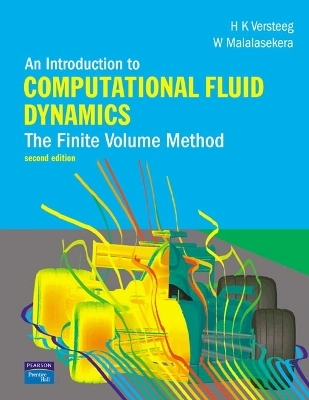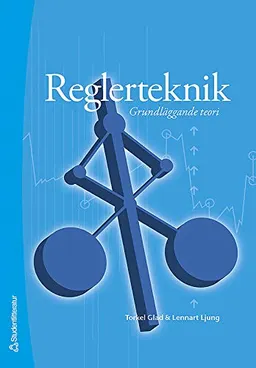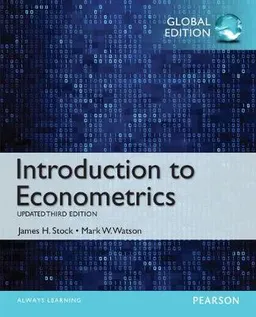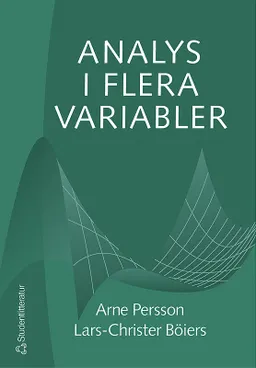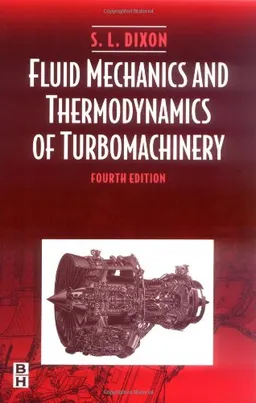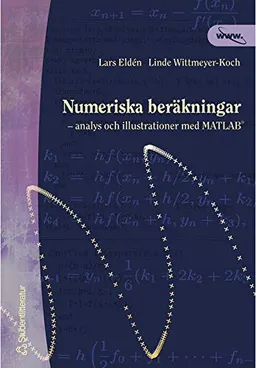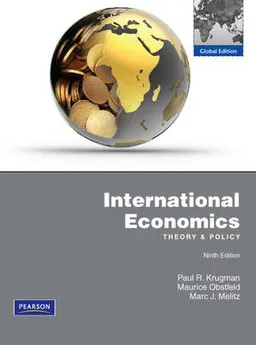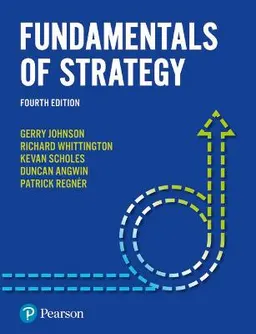The use of Computational Fluid Dynamics to simulate and predict fluid flows, heat transfer and associated phenomena continues to grow throughout many engineering disciplines. On the back of ever more powerful computers and graphical user interfaces CFD provides engineers with a reliable tool to assist in the design of industrial equipment often reducing or eliminating the need for performing trial-and-error experimentation.
An Introduction to Computational Fluid Dynamics is the ideal text for the newcomer to the area whether they be undergraduates, graduates, or professionals. It provides thorough yet accessible coverage of commercial finite volume based CFD codes within the context of the underlying theory, giving the reader a full appreciation of CFD and its numerous engineering applications.
Key features
Offers essential support for novice users of commercial CFD codes such as ANSYS CFX, FLUENT, STAR-CD and PHOENICS. Covers fluids and turbulence physics together with computational modelling techniques Uses a step-by-step approach to introduce the methodology Chapter summaries and worked examples throughout to reinforce understanding of the key concepts New to this edition
A new chapter describing unstructured meshing techniques A new chapter on CFD uncertainty New coverage of the fundamentals of Large-Eddy Simulation (LES) and Direct Numerical Simulation (DNS) techniques Summaries of TVD techniques and multi-grid solution techniques Added examples of the SIMPLE algorithm for pressure-velocity coupling Two new chapters with advanced material covering combustion and radiative heat transfer modelling H K Versteeg and W Malalasekera are both senior lecturers in Thermo-Fluids, at Loughborough University.
Åtkomstkoder och digitalt tilläggsmaterial garanteras inte med begagnade böcker
